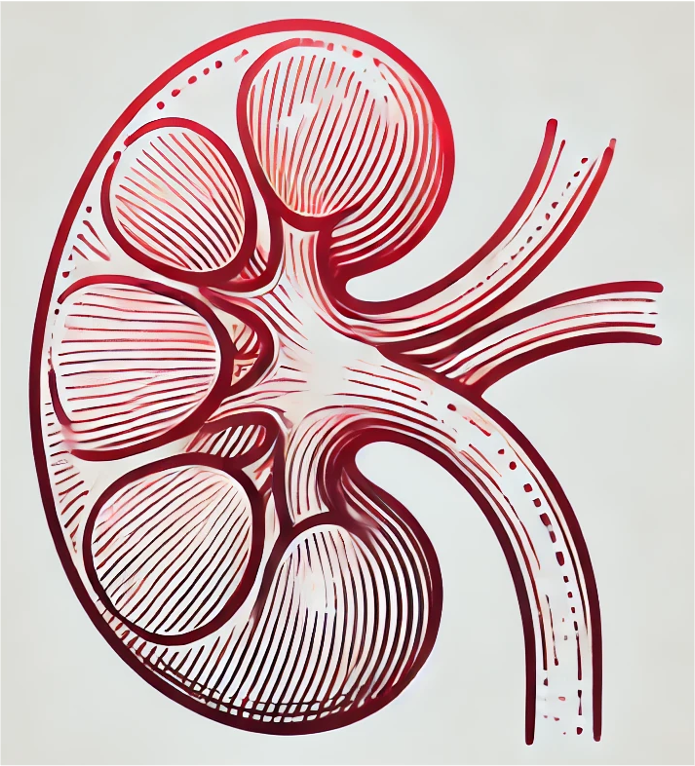Description
Accumulating evidence suggests that dysregulation of hypoxia-regulated transcriptional mechanisms is involved in development of chronic kidney diseases (CKD). However, it remains unclear how hypoxia-induced transcription factors (HIFs) and subsequent biological processes contribute to CKD development and progression. In our study, genome-wide expression profiles of more than 200 renal biopsies from patients with different CKD stages revealed significant correlation of HIF-target genes with eGFR in glomeruli and tubulointerstitium. These correlations were positive and negative and in part compartment-specific. Microarrays of proximal tubular cells and podocytes with stable HIF1 and/or HIF2 suppression displayed cell type-specific HIF1/HIF2-dependencies as well as dysregulation of several pathways. WGCNA analysis identified gene sets that were highly coregulated within modules. Characterization of the modules revealed common as well as cell group- and condition-specific pathways, GO-Terms and transcription factors. Gene expression analysis of the hypoxia-interconnected pathways in patients with different CKD stages revealed an increased dysregulation with loss of renal function. In conclusion, our data clearly point to a compartment- and cell type-specific dysregulation of hypoxia-associated gene transcripts and might help to improve the understanding of hypoxia, HIF dysregulation, and transcriptional program response in CKD.
Overall Design
Immortalized human podocytes (AB81) and human proximal tubular epithelial cells (HK2) with stable HIF1 and/or HIF2 suppression were subjected to normoxia (N, 20 % O2) or hypoxia (H, 1% O2) for 24h and gene expression profiles were generated. 3 replicates per group.
Curator
mj_li
